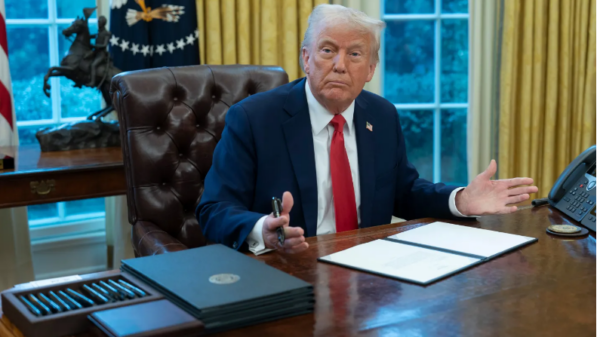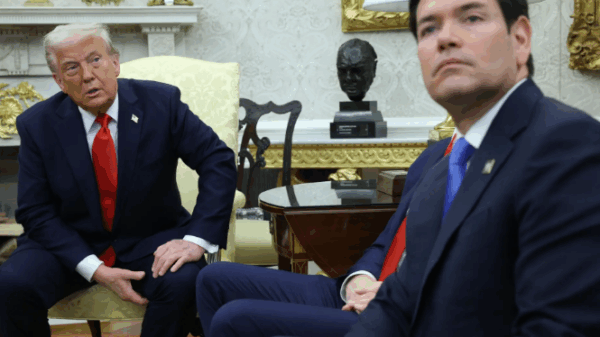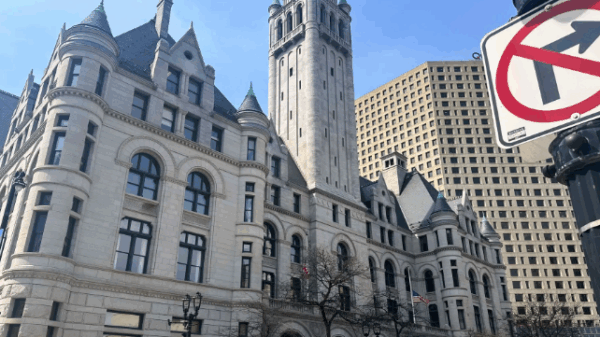Across the country, librarians and advocates are raising concerns after sweeping federal cuts have crippled the Institute of Museum and Library Services (IMLS), a critical source of support for public libraries. In Arkansas, Garland County Library Executive Director Adam Webb says the loss of funding threatens essential community services, particularly for rural and underserved populations.
The Garland County Library has long benefited from IMLS support, including a grant that funded its popular “bookmobile,” which delivers books, Wi-Fi, and other services to residents unable to reach the main library branch. Webb fears that without federal support, vital services like these could vanish. “Because we’re a rural, poor state, Arkansas really depends on those federal funds,” he said. “When the tap gets shut off, services are going to get shut off.”
The funding crisis stems from President Donald Trump’s March 14 Executive Order, “Continuing the Reduction of the Federal Bureaucracy,” which significantly downsized seven federal agencies, including the IMLS. Since then, the majority of the agency’s staff have been placed on administrative leave, according to the American Federation of Government Employees (AFGE) Local 3403.
In response, the American Library Association (ALA) and the American Federation of State, County and Municipal Employees (AFSCME) filed a lawsuit challenging the cuts. They argue that libraries—widely trusted public institutions—play a crucial role in American communities, offering everything from educational resources to critical services during emergencies like the COVID-19 pandemic.
ALA President Emily Drabinski emphasized the stakes, stating, “We cannot allow the elimination of libraries in this country. The day that libraries are closed in this country is the day democracy dies.”
Major publishers, including Penguin Random House and Macmillan Publishers, also submitted a letter to Congress urging support for libraries, warning that without them, millions would lose access to the books and tools needed to thrive in today’s world.
In Arkansas, Webb highlights the broader consequences, noting that IMLS funding supports statewide initiatives like the Traveler program, which provides access to costly research databases. Losing such resources would shift the financial burden to local governments and taxpayers.
Africa Hands, an assistant professor at the University at Buffalo, also lost her IMLS grant, jeopardizing her research on public libraries’ role in helping college-bound students.
Advocates warn that without immediate action, the cuts could unravel library systems nationwide, depriving communities of crucial educational and technological resources.









































